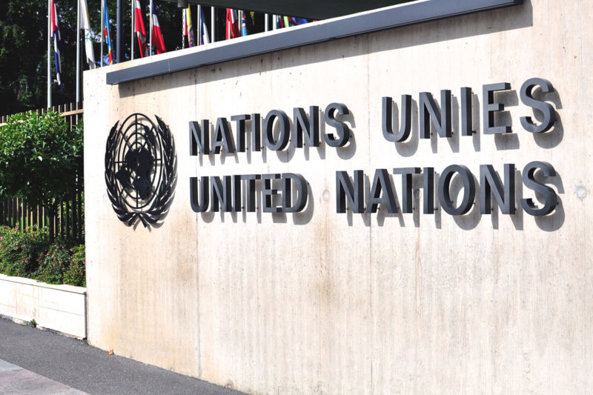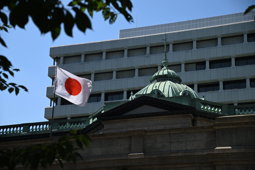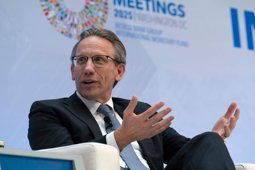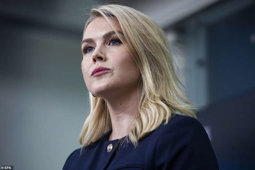
UN Accused of Stalling Reforms Until 2026 Elections
A diplomatic source claims the UN is stalling meaningful reforms to wait for a potential Democratic majority in the U.S. House.
Internal Documents Suggest Delayed Reform Strategy
The United Nations’ public efforts to streamline operations and cut costs may conceal a political strategy to delay substantive change until after the 2026 U.S. midterm elections, according to a diplomatic source who spoke to Fox News Digital. The source alleges that internal reform initiatives—like the UN80 Task Force—are largely performative and intended to maintain the current structure until Democrats potentially regain control of the U.S. House of Representatives.
“They’re trying to keep a mammoth organization untouched,” the source claimed, adding that the proposed zero-growth budget for 2026 has already been submitted and will serve as a placeholder until political winds shift in Washington. The goal, the source alleged, is to “take President Trump for a sucker” and avoid drastic U.S.-led budget cuts during his current term.
The UN Foundation denied the accusation, stating it has no role in linking budget decisions to U.S. political cycles and emphasizing its separation from the United Nations itself. “We are not involved in the UN’s budget process,” a spokesperson said, affirming support for reforms to strengthen the UN’s impact.
Internal documents viewed by Fox News Digital appear to support concerns about structural resistance to reform. An April 2025 memo from UN Resident Coordinators in Africa highlights persistent inefficiencies and weak incentives for collaboration. It notes that previous reform efforts “did not fully address” systemic obstacles and that coordination is often seen as “additional work rather than a core responsibility.”
Secretary-General’s Reform Push Faces Skepticism
Another memo from the Secretary-General’s office, dated April 25, directed Secretariat entities to review their functions and identify roles that could be relocated for cost efficiency. However, critics argue that the order lacks enforceability, as many UN bodies operate under independent boards not bound by such directives.
When asked whether Secretary-General António Guterres could enforce these changes, his spokesperson Stephane Dujarric responded, “The Secretary-General and the heads of the UN Funds and Programmes will act in areas under their authority while keeping governing bodies informed.”
Guterres acknowledged in a May 12 briefing that the 2026 budget had already been submitted, making meaningful alterations impossible at this stage. He committed to revisiting proposals in time for the 2027 budget but cautioned that “more detailed analysis” would be needed for significant changes.
“This whole attempt is a lie to appease the Americans,” the diplomatic source said, warning that the current effort lacks genuine commitment. A May 13 letter from Guterres to UN staff called for “bold, transformative thinking” and hinted that some posts may be eliminated, despite assurances to the contrary.
The source, a 30-year veteran of the UN, expressed frustration with repeated reform failures, claiming the organization has only grown larger over time. “You have a super state that basically controls itself,” the source remarked. “And you should also trust them to reorganize themselves?”
Whether the UN can meet its reform goals remains uncertain. A recent report by The Economist warned that the organization could run out of funds by September’s General Assembly due to delayed member payments, raising further doubts about its operational and financial stability in the months ahead.






